 flooding in Metro Manila
flooding in Metro Manila
 flooding in Metro Manila flooding in Metro Manila Some years ago, I took a varied ecumenical group of young people to the Taizé Community’s International Gathering in the Philippines. For the first week, our group visited communities further north on Luzon island, including indigenous people displaced from their land. We were then billeted with local families in a poor neighbourhood of Quezon City in Metro Manila. I remember vividly how, after a typically wonderfully warm Filipino welcome, the first thing our hosts did was to point out the water marks high up on the walls of local streets: ‘that was from the last flood a month ago, they said, ‘sadly we are used to that kind of thing’. The impact of such experiences is powerfully transmitted in our contemporary reading today. It is echoed in so many places across the world, not least among the poor. It asks: ‘where is the God of Moses when you need them today?’...
0 Comments
 Angels by Marek Piwicki on Unsplash Angels by Marek Piwicki on Unsplash John the Baptist is an angel. This is explicit in the biblical text, where Mark writes of them, quoting Isaiah, “behold I send my messenger ahead of you” – and the word used for messenger (as everywhere in the Greek text) is angelos - angel! John the Baptist probably does not fit the picture we have of an angel – no wings, no obvious glowing light, no message of peace. But he’s an angel. He’s pretty unmissable – wild, eccentric to say the least, and certainly not welcome at the average family tea table. As Jo has written in her brief Biblical commentaries in Insights for this season, “If he was a toddler someone might suggest his emotions were disregulated by his diet and he needed to calm down and get a good night’s sleep! Yet, his prophetic voice is one we cannot ignore. He reminds us that there is always a place for righteous anger and that sometimes the new and better requires actions of clearing and letting go that can be painful and disturbing to some. His voice acts as corrective to tendencies in some Christian circles to associate the gospel with niceness or respectability. John was not respectable. But his message was essential.” His was the message of a disturbing angel calling us to change. 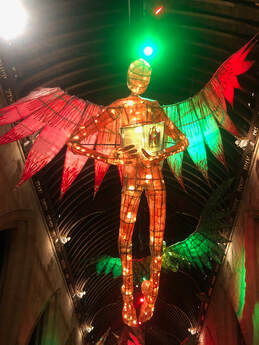 So, angels are coming. How will we greet them? At once, perhaps we start to ponder: but what are we greeting? And are there such things as angels anyway? Modernity’s functional materialism has so much to answer for! From a Reformed Christian perspective today it is also sometimes hard to engage. For whilst the classic Reformed theologians were quite clear that angels are to be taken very seriously, as they appear in so many places in the Bible. Yet later thinkers have found less value. In some quarters of liberal and progressive Protestantism they almost became erased: rejected with supposedly passé doctrines like the virgin birth, miracles and even major articles of the historic creeds. Ironically, as liberal Protestantism declined, other faith constructions began to thrive, not least New Age spiritualities with their extraordinary mix of angelic and other speculations. Did demythologising thereby open the door to old heresies? - as well as to a loss of divine wonder in the secular world? Certainly, as Les Murray pondered in his poem ‘The Barranong Angel Case’, which we heard read earlier, do we have the capacity to see and receive the angels of Christian tradition today? Nade te turbe, Solo Dios, basta – nothing can trouble, God alone holds us
Our two readings today may appear quite dissimilar in tone and features. Some of us may be tempted to ‘like’ one and ‘dislike’ the other. Our ‘liking’ a passage or not is hardly the most important thing about its truth and value however. Faith is not Facebook or Twitter! In fact these two passages are really not so apart as they might seem theologically. Both, after all, are prophetic and speak of the assurance of God. They come from different eras: the first from after the devastation of the Exile; the second from the period of the Roman empire and its colonial destruction. Yet both speak a similar message: Solo Dios, basta. They also need each other: the somewhat idealistic imaginary of the first passage being balanced by the realism of the second. I feel, for example, that they are a little like the two wings of the climate crisis movement: one side singing a powerful lament and the other a new song of creative possibilities. Without singing both we are in trouble… Good morning! It is a delight to be back here in Pitt Street after several weeks away on personal ‘sorry business’ and study leave. In the context of the continuing pandemic, it has certainly been what some might call an ‘interesting’ time, marking an important watershed in my own life and that of my wider birth family. In offering some reflections today, I would therefore like to begin by expressing my deep gratitude for the many, many. wonderful expressions of support from members of our Pitt Street community, and for the prayers which have been offered. I continue to be so grateful for the gift of loving relationships I am given as part of our life together, and I look forward to their further and deeper unfolding in the days to come. For relationship is such a core element of our lives, and never more important than at times of loss, grief, challenge and growth. As such, it is so absolutely foundational to the Day of Mourning we mark today, as well as to the trials of the pandemic world with which we continue to journey, and the struggles of our own particular lives. In the light of these things, my own recent and continuing journey, and of our readings today, I offer up relationship as one of three words which might be central to our considerations at this time.
Today, the second Sunday of Advent is traditionally devoted to the prophets – and in particular to the voices of second Isaiah and of John the Baptist as recorded by Mark’s gospel. Those voices, spanning the centuries, call us home from various kinds of exile...
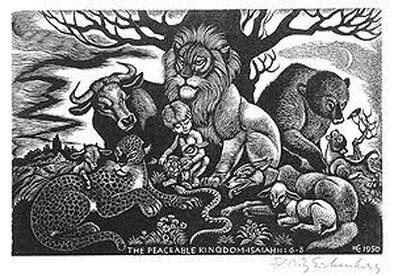 Perhaps the most frequently chosen greeting on our Christmas cards is ‘peace on earth’. Regardless of the religious perspective of sender or recipient, we believe that this is a universally desirable message. However, what do we really mean when we send this? For true peace is about much more than the absence of conflict or some warm fuzzy feeling of general well-being. 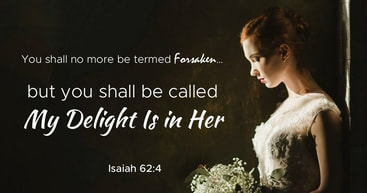 Amidst the storm and heat, is there anything else to say about marriage from a Christian point of view? Well, yes, as larger dimensions are often ignored in marriage debates, not least among we Christians who claim to ‘know’ what the scriptures ‘teach’. So much has been couched in terms of modern individualistic bourgeois values that one wonders how many people have actually read, and pondered, either the history of marriage, or the scriptures that make some people, on different sides of the arguments, so jumpy. Actually, the official Australian Marriage Equality body did not really help during that awful postal survey. Whilst its aims were (for me at least) manifestly just, the mainstream campaign was not only reluctant to engage with controversy directed against gender diverse persons, but it was frustratingly often built on limited ideas of marriage as the choice merely of two individual persons, reflecting conventional contemporary norms of ‘couple-dom’. Now, admittedly, this was in the context of civil marriage alone. Yet, in this, in its assumptions about marriage, it was not so different from narrow ideas certain Christians seem to have. Instead, when we look at the Bible and Christian Tradition as a whole, we find something much, much, bigger. Today’s reading from Isaiah chapter 62 is a powerful expression of this. For, in Isaiah, as elsewhere in the Bible, marriage is not so much about an individual’s bourgeois expression of identity and legal and moral relationship to another individual. Nor is it ultimately really much about sex or gender, though those human aspects are caught up in biblical conceptions in a series of different ways. Rather, marriage is a profound symbol of divine relationship, involving the transformation of everything. For, as Isaiah 62 verses 1-5 makes startlingly clear, biblical marriage is about the marrying of all things, bringing healing and the restoration of justice and peace. Indeed, marriage as a vehicle of transformation is not only about whole communities rather than individual persons alone, but it is also not simply about human beings alone. It is also about the marrying of land, and creation as a whole: the fullness of the ‘new creation’ prophesied in Isaiah and fulfilled in Christ. Our little human relationships, if hugely precious, are ultimately just elements in this. For it it is thus so much more radical than any conventional conception of marriage… 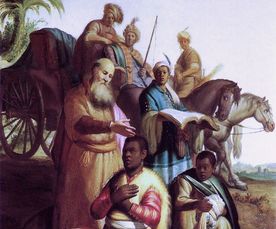 If the 3 ‘Rs’ have been said to be the foundation of learning, then there is a case for saying that the writer of Acts of the Apostles gives us 3 ‘Ps’ as the foundation of Christian identity and mission. For in Acts chapter 8 we read today’s passage about Philip and the eunuch. This is immediately followed, in chapter 9, by the story of Paul’s conversion and acceptance into the Christian community. Then, in chapter 10, we have the story of Peter’s strange dream which leads to his conversion to the full acceptance of Gentiles without demands. Typically these stories are treated separately, as discrete events in the life of the early Church. Yet I wonder. May they not actually be interconnected, as part of one truly remarkable story told by Acts? For in these stories we see something of how the early Jewish Christian sect became a highly engaged and outward looking community of radical inclusion: embracing the outcast, the oppressed and the oppressor, from whatever race, religion or other identity they came. This was a truly extraordinary shift in attitude and practice. Of course the seeds were very much present in the Hebrew scriptures and, above all, in the praxis of Jesus. Yet it still represents perhaps the greatest conversion in all Christian history: beyond, for example, the Church’s turn around on slavery or on the full acceptance and ministerial empowerment of women. No wonder therefore that the writer of Acts gives us three powerful stories to help us grasp the point. Sadly we sometimes divide them off from one another and tend to lose this dynamic. Peter and, especially, Paul’s stories then lose some of their context and bite. In the case of today’s story, of Philip and the eunuch, we can overlook it altogether. To do so may be to miss vital lessons for our mission and Christian self-identity today...  Just before Christmas last year, I was visiting Brisbane’s South Bank cultural precinct and stumbled into the end of year concert of the School of Hard Knocks. It was a wonderful occasion. Full of joy and humour, resounding song and moving poetry, it shared the lives and love of many of Brisbane’s homeless and disadvantaged people. This year’s concert is again at the State Library, at 2 pm on 16 December. Check it out if you are down that way. It will lift your spirits and encourage you. For in some ways it could be said to be an embodiment of the hope of the season of Advent which we begin today. In the face of the pain and struggle of our lives and world, all of us are encouraged by the promise of God’s coming salvation to start again. The invitation is there, in the closing words of our reading from Isaiah: ‘come, let us walk in the light of the Lord!’… |
Authors
sermons and reflections from Penny Jones & Josephine Inkpin, a same gender married Anglican clergy couple serving with the Uniting Church in Sydney Archives
June 2024
Categories
All
|
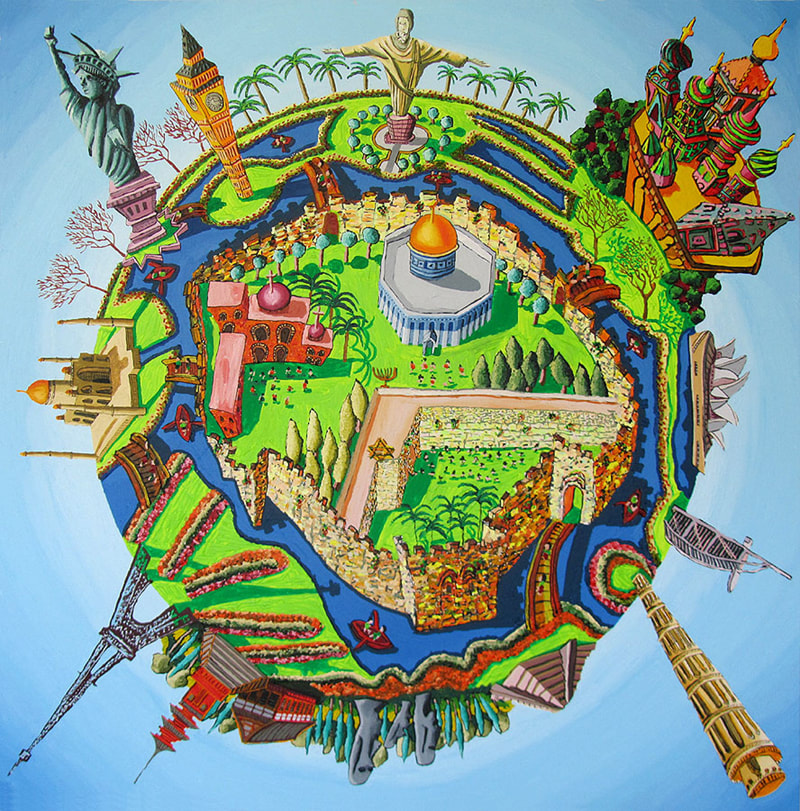

 RSS Feed
RSS Feed